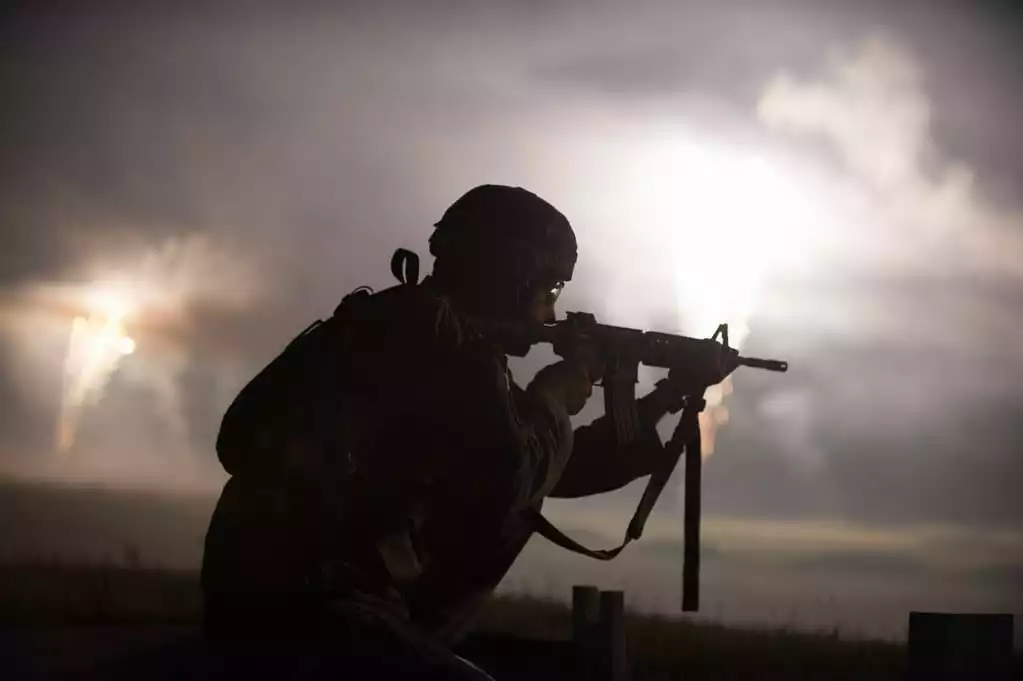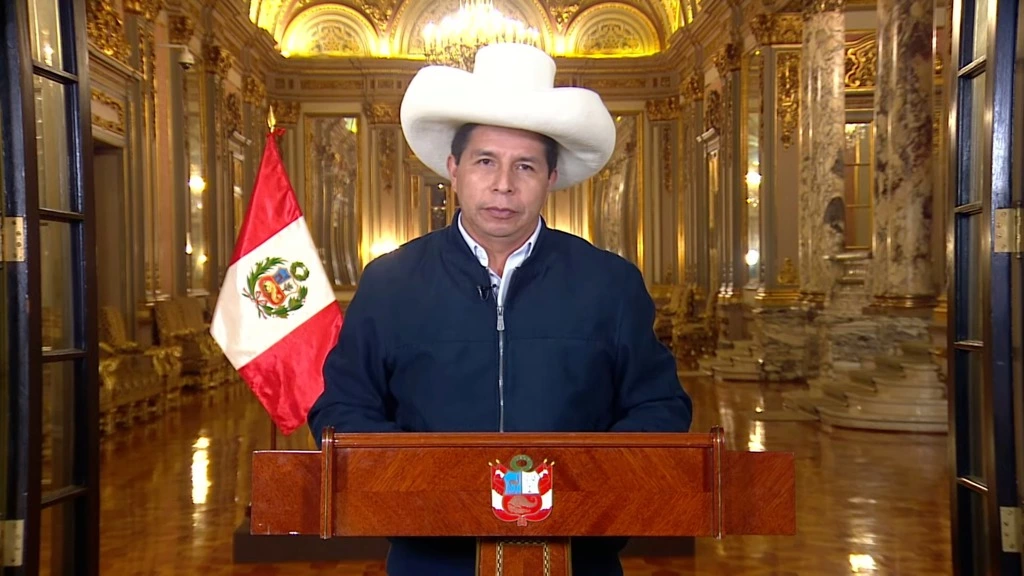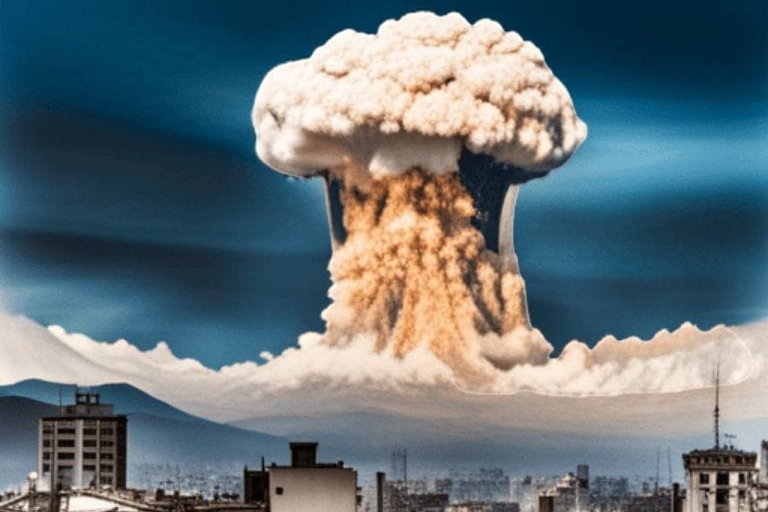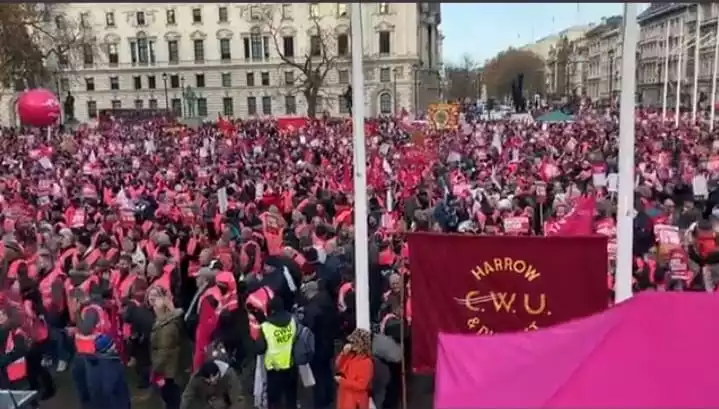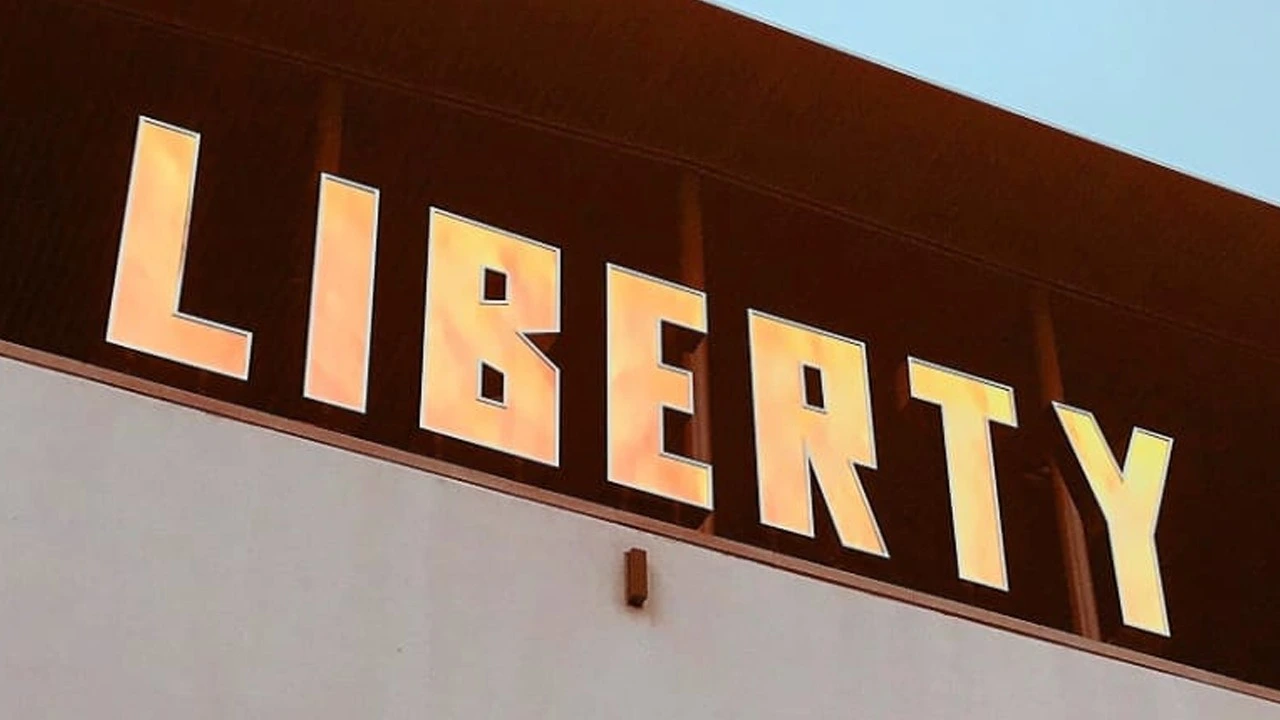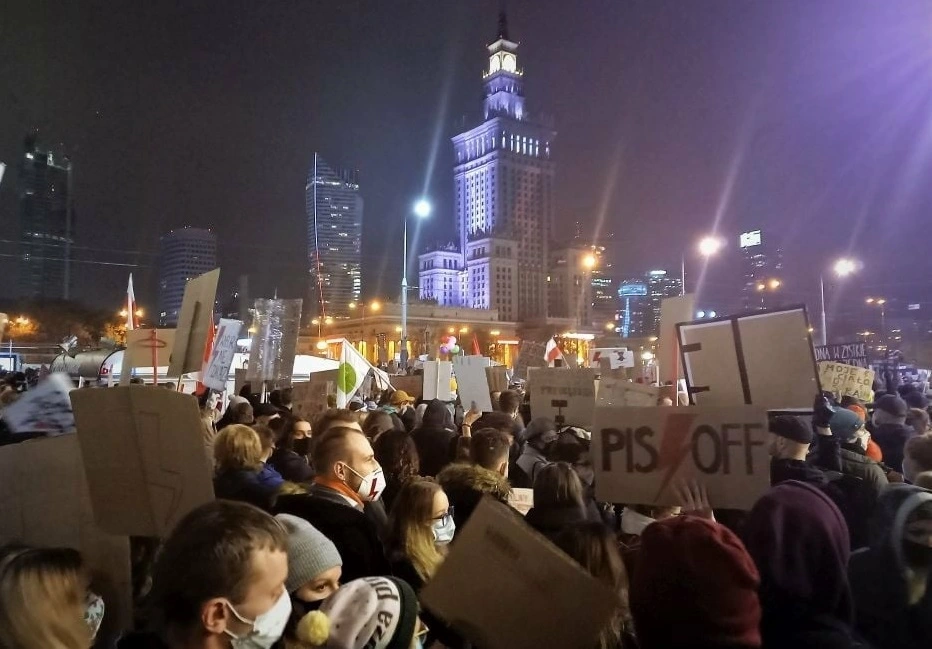The Monroe Doctrine is a relic of history and no longer valid in a multi-polar world. The history of the United States foreign policy is a sordid affair in which the peoples of Latin America have been subjugated and continue to be subjugated to the colonial aspirations of the various United States regimes, and only abated here and there through the Bolivar Revolution, the various insurrections and by the force of will of the Cuban Revolution. United States intervention reached its foreign policy zenith during the Chilean Coup that took place on September 11, 1973. The flamboyant and clever diplomat who saw himself as a Cardinal Richelieu, but who was closer in temperament and diplomatic impulsiveness to the Austrian diplomat Metternich, a political reactionary who helped to crush national revolts along the Austrian-Hungarian Empire and who also always had as his goal containment of his country’s rival Russia in its thrust towards expansionism after the Napoleonic Wars. I note this historical observation, because it important to see how United States Foreign policy is wedded to the military apparatus of the United States Armed Forces. In a declassifying of documents regarding United States involvement in the Chilean coup d’ etat of 1973, there is the following commentary written by the senior analyst, Peter Kombluh for NACLA (North American Congress for Latin America), in which the author wrote the following chilling description of American deception, when it comes to betraying its “partner” or “partners” that veer towards a national policy that speaks through its actions of either neutrality, progressive intentions or the creation of Marxist-oriented government within the South American hemisphere:
"In the United States, as you know, we are sympathetic with what you are trying to do here," then Secretary of State Henry Kissinger privately confided to the Chilean dictator, General Augusto Pinochet, in June 1976. At the height of the military regime's repression, according to a recently declassified memorandum of conversation, Kissinger told Pinochet that the junta was "a victim of all left-wing groups around the world" and that Washington "wishes you well."
Kissinger was fully aware of what General Pinochet was "trying to do" in Chile. A secret briefing paper prepared for the Secretary of State after the September 11, 1973 coup d'état reported that in the 19 days following the coup, the new military junta had summarily executed 320 individuals—three times as many people as was then publicly acknowledged. The memorandum, entitled "Chilean Executions" and based on intelligence sources in Santiago, estimated "total dead" at 1,500 from the coup. It also reported on how the United States was expediting military and economic assistance to the new regime, despite concrete documentation of its atrocities.
The key areas to note is the diplomatic deception by Kissinger in his private talk with Pinochet and then the more important fact about “expediting military and economic assistance” to the neo-fascist regime by the United States military command. If we understand fully the diplomatic and military maneuvers of the United States Government during this period of its dark history against any country in South America that goes against its iron will, then we can better decipher the military intentions of General Laura J. Richardson who is commander of the U.S. Southern Command (US SOUTHCOM), and who presented the annual report on the morning of March 8, 2023 before the House Armed Services Committee regarding the Pentagon’s priorities towards the South American region.
Before I present my analysis of General Richardson’s Pentagon program of military intentions toward the various South American nation-states or countries, I would like briefly to bring to light an observation that the esteemed African American diplomat, Ralph Bunch, wrote in an essay entitled “Light on the Dark Continent” in 1935 in which he makes a statement about Western colonialism and imperialism in the mandates for West Africa after World War I and which in some ways mirrors a turning point in South American history in our time:
Native society is disintegrating” under a “ steady onslaught of Western forces”. And the young academic student Bunch would go on to conclude in his essay that Africa was a continent where it was obvious that “mistakes previously committed may be corrected; where indeed, a new and better civilization may be cultivated…” but he also concluded that the “great continent [of Africa]and its sweltering population are mere sacrificial offerings on the altar of world imperialism”
Although Bunch had been an enthusiast of Marxism and had even read Lenin’s Imperialism: The Highest Form of Capitalism, for various complex reasons both personal and political, he could not adhere to the principles of Marxist political thought. However, his observations of Africa mirror what I see occurring in South America. South America will become a continent of rising world power amid the various nations there. Even amid the grinding daily poverty among the South American people, and even with the imperialistic desires and revenge that the United States government seeks to impose upon that great continent, I think with an understanding of Realpolitik and with the use of diplomacy, the peoples of South America will eventually have full Self-Determination and Independence. But it will not be a total engagement of peaceful means, it will also be one with military struggles and enormous violence as well. Regardless of the outcome of war in the Ukraine and the endless machinations of the United States government with its program of containment of the People’s Republic of China and the Federation of Russia, in its ongoing attempts to influence Latin America, that continent will nevertheless become a world power in a multi-polar world order.
As the historic decline of the United States as a world power emerges at times with a rapidness and then with a begrudging, slow downward spiral, the language and vision of General Richardson is one of cold factualness from a natural American position of imperial designs upon the South American continent. Although the majority of American generals are skilled in the rudimentary theories of war, from which they learned their trade at West Point and other war college institutions, they are primitive at best regarding the reading of world history, and I should add that they could care less about such a regimentation of reading. Their work revolves around using their military equipment and arms at hand to maintain their military mission of the subjugation of their perceived vassals, in this case the various nation-states of South America. Their overall weakness then is that they do not fuse the theory of war with the study of history, and therefore, lose any creativity in combating their perceived enemies with any audacity and historical foresight. In the following paragraphs, General Richardson wrote the following statement with dogmatic language and intellectual short-sightedness using the term “Cold War” to describe the complex history in the South American region:
General Richardson does not give any factual evidence regarding how the United States government actually contributed to the growth of what can be rightfully called Bourgeois Democracy. Rather, it has been American oligarchs along with their South American oligarch allies, who have brought endless corruption, poverty and utter decadence to many South American countries. The American general does not even give economic statistics as to how the United States Government contributed to the growth of the various Latin American countries Gross Domestic Product (GDP) as takes place in the European Union, for instance, at the end of a fiscal year. Instead, the American general provides a propaganda lecture about autocrats, without mentioning specific autocrats who are ‘undermining democracy’ in South American countries, including that of the Caribbean nations. And then she uses the term “malign” to describe the various actors whom she immediately perceives as the perpetrators of destabilizing “our democratic neighbors” without giving factual information regarding Chinese and Russian political and military influences in the South American region. When she does attempt to give some factual information, the factual studies mentioned are sparse at best. The Chinese have actually contributed considerably to economic prosperity across South America. What is very interesting is the lack of astute, diplomatic protocol and language through the process of confronting one who is a perceived adversary. General Richardson uses the term “malign” at least eight times in her address, referring to China when using the dogmatic term and uses the term once to condemn Russia for its growing economic and military influence in Latin America. The term “malign” means evil in nature or vicious ill will, and therefore the term as General Richardson uses it against such perceived adversaries as China or Russia is crude. She creates no pragmatic diplomatic overtures to the so-called enemies which is her and her country’s hubris. There is anger and spite in the American general’s language and no signaling of even a little self-criticism of American’s foreign policy and past, bloody intervention of the U.S. military in the past history of South America. One only has to recall how the United States regime supported military coups in Chile, Argentina, covert political coups in Columbia and the terrorist invasion in Grenada, for instance, during the Reagan regime. But one should not be surprised by the lack of self-criticism on the part of the United States or by its imperialist policy for it is the very nature of capitalism and its rise toward imperialist bellicose behavior. We only have to look at Ancient Athens and the way it treated its fellow city-states in the Peloponnese region that did not blindly follow its imperial hegemony.

One key section in General Richardson’s remarks is the following concerning the instruction and availability of American military presence on an ‘educational level’ in the South American hemisphere in which she states:
What the American general fails to mention is the atrocities that the South American officers trained at the School of the Americas committed in Chile, Argentine, El Salvador, Honduras, Bolivia just to name a few of the nation-states in South America that were educated by the military will of the United States. As one example of the so-called officers from South America who were trained at the School of the Americas at Fort Benning in Columbia, Georgia, the journalists, Dévora Gonzáles and Azadeh Shahshahani, stated in their past reportage:
The SOA has trained more than 83,000 Latin American security forces since its founding. Notorious graduates of the SOA — including nearly a dozen dictators and some of the worst human rights violators in the continent — are guilty of using torture, rape, assassination, forced to wage war against their own people. Former Panamanian president Jorge Illueca stated that the School of the Americas was the “biggest base for destabilization in Latin America.” US-led and supported state violence abroad has ravaged and devastated communities in Central and South America, many of whose people are forced to migrate north.
As I have stressed in this essay, it is the nature of a capitalist nation to never admit to wrong-doing or despicable ways in war unless world and public outrage gives them no choice but to do so, and then and only then, they give a feeble response to their dark transactions against humanity. General Richardson is right, the education that the officers from South America or from the Ukraine, who have affiliations with fascist military groups, like the Azov Battalion, for instance, that is prideful of its Nazi insignia and Nazi ideology--- these men termed “soldiers” at best create relationships that “last a lifetime” even if those relationships are about the murder of civilians and others who do not support American hegemony both at home and abroad.
There are other details within the reportage by General Richardson on military issues such as cyber space adversaries, so-called fishing disputes, and how humanitarian the United States government is with its naval medical ships in giving medical help and assistance to the various South American peoples, without mentioning that there are other nation states both from Europe, including Russia and China who contribute such support as well to the people of South America, for instance Cuba and Venezuela. It is obvious that there are political connections that are beneficial to both parties in these non-military transactions, and all countries do this kind of pragmatic diplomacy to facilitate trade and commerce as well. It has been that way since the time of the Roman Empire to engineer reciprocal diplomatic agreements that do not always necessitate the use of violent military coercion. The older cultures of the world are more sophisticated at creating allies through economic and health assistance than that of the United States which continually undermines its own strategy of adversary containment with either high blown rhetoric or through the auspices of direct military coup invasions. This is the very essence of American diplomacy and its military armed forces since its inception as a nation. The irony is that the history of America’s colonialism towards others is far worse than that in the British Empire’s history.
As an afterthought, when I read over more than once the American General’s call for a new and revigorated military policy in Latin America, I am reminded of the Realpolitik of that Fredrick Engles wrote of in The Role of Force In History “… and inasmuch as “property founded on force” which has been maintained right up through the present day, is likewise based on this original act of enslavement---for these reasons it is clear that all economic phenomena must be explained by political causes, that is, by force. And anyone who is not satisfied with that is a reactionary in disguise”. The American General like other commanding generals around her would prefer to cover up the actual issue and that is that they desire their force of military violence to determine the economic destiny of Latin America. The United States military reveals its true nature by imposing its will upon those it wishes to subjugate to its national will. When the United States unmasks itself and reveals its true imperialistic designs, then it no longer lives by hypocrisy and deception. When America’s hypocrisy is exposed, then its people and its military armed forces are also revealed as to what they genuinely are.
Cover Image Credit: By DVIDSHUB is licensed under CC BY 2.0.
Editor's Note:
The views and informations expressed in the article are solely those of the author and may or may not reflect the views of The International. We believe in providing a platform for a range of viewpoints from the left.
